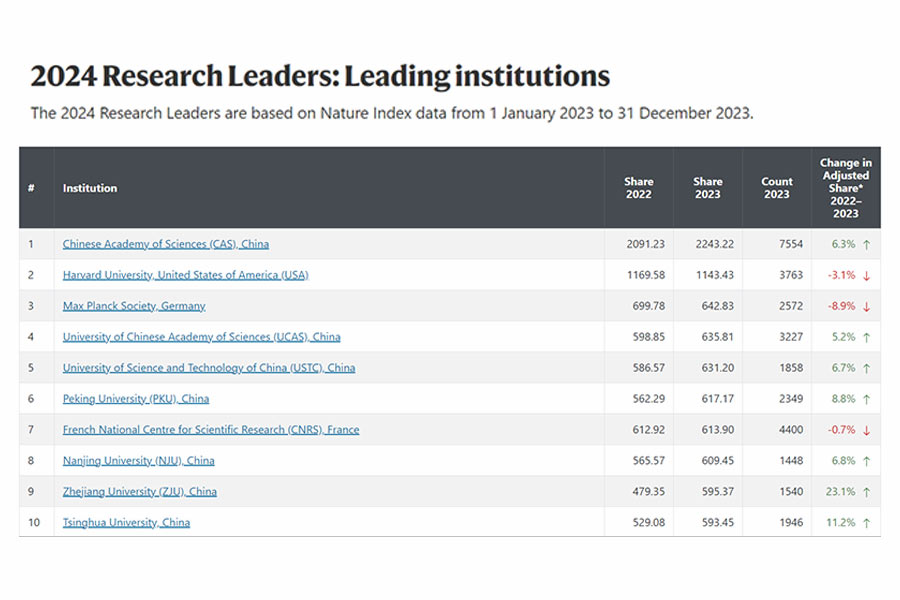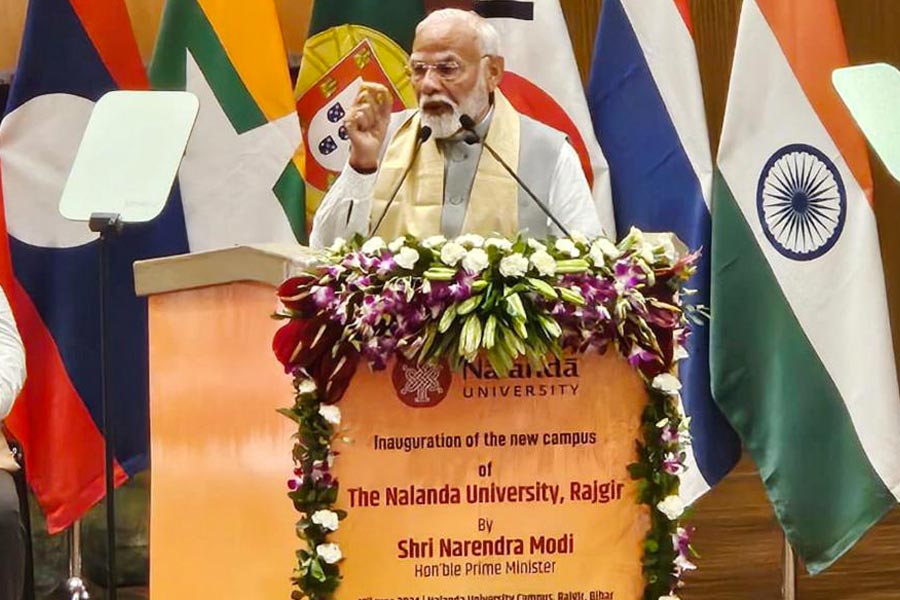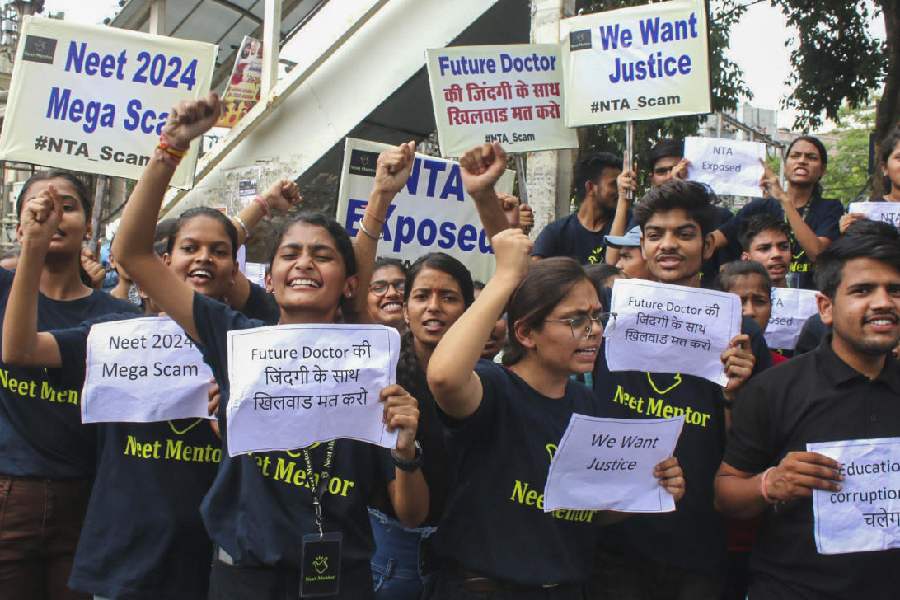After inaugurating the new, swank campus of Nalanda University on June 19, Prime Minister Narendra Modi made repeated references to India’s glorious past as an “ancient seat of learning”.
A day before Modi bragged about ancient India’s stature as a global learning hub, the 2024 Research Leaders list released by Nature magazine on June 18 was heavily dominated by China, with its institutes occupying seven of the top 10 ranks.
The Nature Leaders List is an annual ranking by the acclaimed science magazine based on counts of high-quality research outputs in the previous calendar year. The research papers cover natural sciences and health sciences.
Harvard University from the US, Germany’s Max Planck Society and France’s French National Centre for Scientific Research (CNRS) are the only three non-Chinese institutes to feature in the list, at the top of which is the Chinese Academy of Sciences (CAS).
The silver lining for India is that the country was ranked eighth in natural sciences and occupies the ninth place in the overall list, ahead of Australia and Switzerland. No Indian institute features in the top 150.
The first institute to feature in the list is the Indian Institute of Science (IISc) at 174, followed by IIT Bombay at 247.
According to the Nature list, India appears to be doing well in research in chemistry, with almost 60 per cent of its total Nature Index output and is ranked sixth in the global ranking for chemistry.
In Nalanda, Modi underscored that history was proof that all developed countries became economic and cultural leaders only after they made a mark in the field of education.
“Our country, too, enjoyed such a status [of being a global knowledge hub] in the ancient times when seats of learning like Nalanda and Vikramshila were flourishing,” the prime minister had said during his speech at Nalanda University.
“It is my mission that India re-emerges as the world’s prominent knowledge centre. To this end, the spirit of innovation is being inculcated into our children from a very early age. More than one crore children are getting exposed to latest technology at Atal Tinkering labs. The Chandrayaan and Gaganyaan missions are also boosting their interest in science.”
Modi's comments came at a time when the centrally controlled examination system has collapsed with question papers leaks and cancellation of examinations putting into jeopardy the careers of millions of young people across the country.
According to Nature, the metrics of “Count and Share used to order Nature listings are based on an institution’s or country’s publication output in 145 natural-science and health-science journals, selected on reputation by an independent panel of leading scientists in their fields.
Subbiah Arunachalam, a visiting researcher at the DST Centre for Policy Research at the IISc, told Nature: “Traditionally, India is strong in chemistry. [Look at] our millennia-old interest in ethnobotany and plant-based medical systems. The Indian chemical industry is doing very well and has exceeded shareholder expectations across all regions. “
Economist Indraneel Dasgupta, associated with the Calcutta-based Indian Statistical Institute, said the overall ranking of 9th was nothing to feel proud about.
“In rankings there is a quantitative parameter and a qualitative parameter. The sheer size of our country is bound to have some impact,” Dasgupta told The Telegraph Online.
“Most institutes in the country are facing massive budget crunches and positions are not being filled. If there is no money how will quality research be done?”













